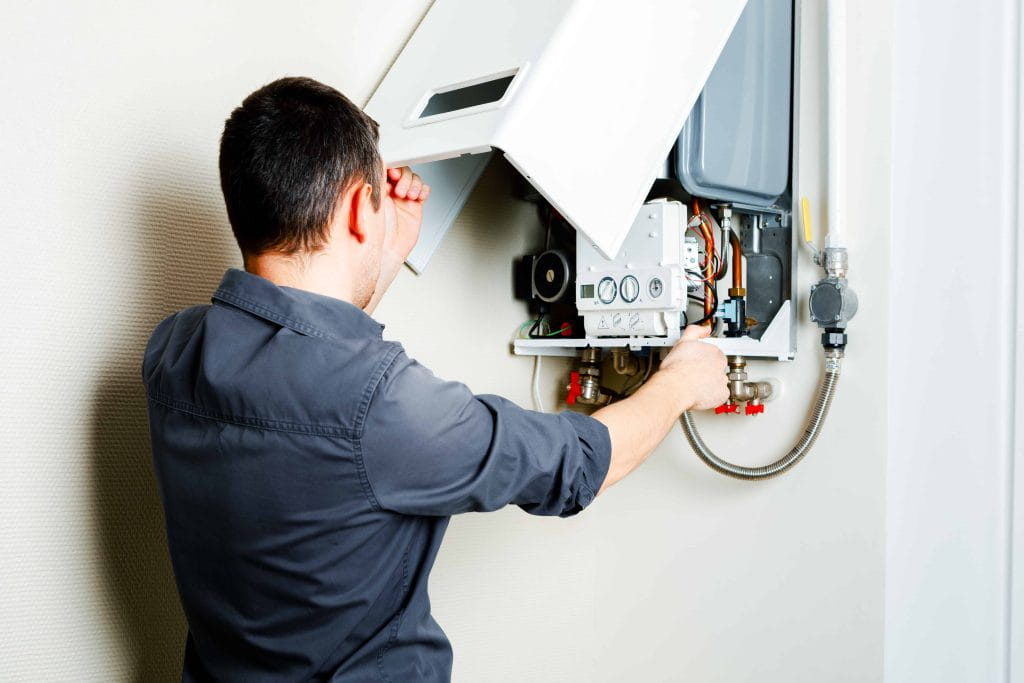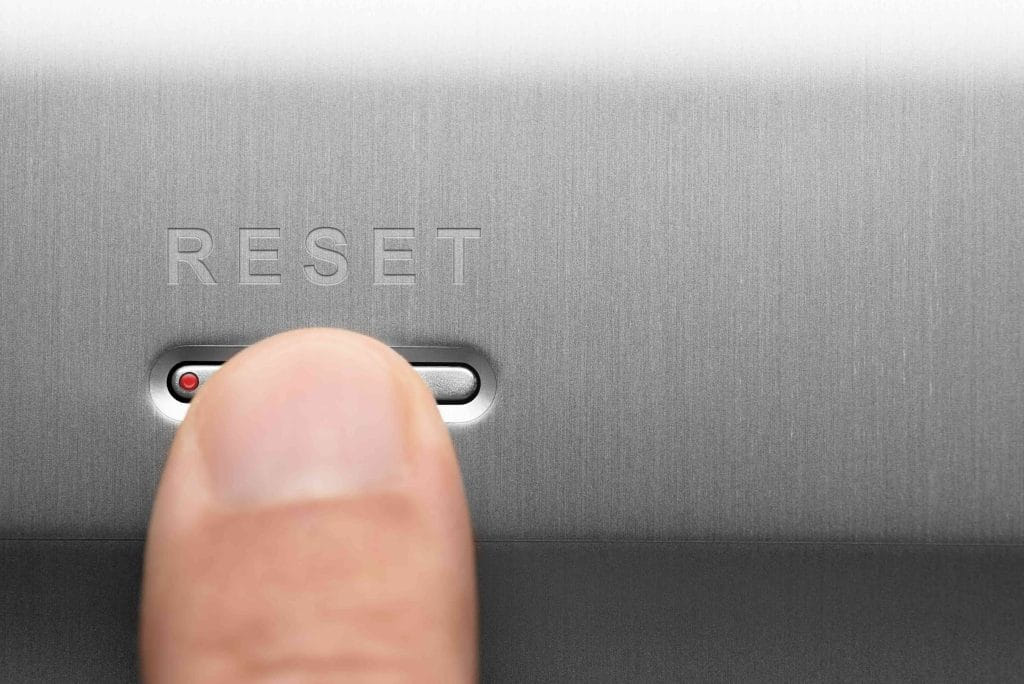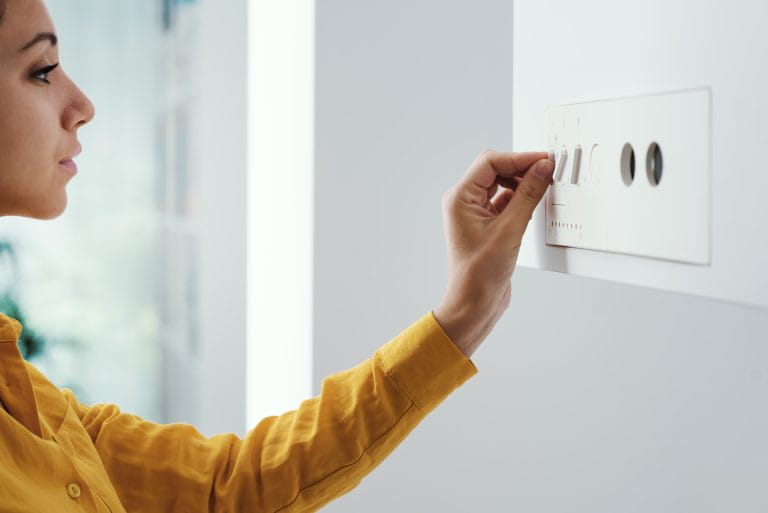No heating and cold water are two unpleasant situations that occur when the boiler does not properly work. There can be several causes and it is important to know what to do and how to intervene to solve the problem. Let's find out together.
What should you do when the boiler goes into lockout?
The good condition of the boiler is essential for a home, at any time of the year. In fact, it is thanks to the boiler that it is possible to operate radiators and produce domestic hot water.
When it stops, it means that an internal problem occured. The boiler then stops for safety reasons and to prevent the onset of even more complicated and serious problems.
If provided by the model, an alphanumeric code indicating the type of fault is displayed on the screen. In such cases, one can read the manual to understand what happened: if it is impossible to intervene alone, it is necessary to call a specialised technician to avoid further unpleasant surprises.

Boiler lockout: the main causes
A boiler lockout is not dangerous because it occurs precisely when the heat generator detects a malfunction within it. It activates as a safety mode to prevent worsening of its condition.
On the other hand, heating and hot water production are interrupted, so it is important to identify the origin of the blockage.
Among the most common causes of boiler lockout, we find:
- limescale formation;
- damage to the electrical system;
- gas supply interruption;
- excessive air in the radiators;
- low water pressure.
Let's analyze these different hypotheses in detail.
Limescale is one of the toughest enemies of hydraulic systems, and the boiler can pay the price. Scale does not allow regular passage of hot water, which thus does not reach sufficient pressure.
Water pressure should never be too high or too low. Every boiler is equipped with a pressure gauge: it indicates the level that should be between a minimum of 1.2 bar and a maximum of 1.5 bar.
In some cases, the boiler lockout is caused by excessive air in the radiators. The formation of bubbles prevents the homogeneous heating of the water, and the device stops.
Other reasons are related to damage to the electrical system, due to the lack of electrical power, or insufficient draft of the exhaust gases.
Last but not least, lack of maintenance should not be overlooked. For this reason, it is essential to plan regular inspections and smoke checks which, unless otherwise indicated by the manufacturer, must take place every 2 years.
Relying on the knowledge and skills of a specialized technician is always the best solution.
How to reset a gas boiler
Gas boilers are currently the most widespread type of heat generators. Technological development and innovations have enabled the introduction of condensing boilers, which, unlike traditional ones, can recover energy from exhaust gases. This reduces emissions of harmful substances into the atmosphere and optimizes costs.
To unlock a gas boiler, a reset is often used: press the stop indicator for a few seconds and then release the button. This erases the boiler's memory and returns it to its initial state. This is a valid option, but it might not be enough.

- If the problem is related to limescale, it can be remedied with the help of a plumber to clean the exchanger and possibly install an anti-limescale filter in the boiler.
- If, on the other hand, it depends on the water pressure, it is possible to intervene by acting directly on the pressure gauge and bringing the boiler back to the indicated values.
- The pressure gauge is also useful if there is too much air in the radiators. If by checking it, you notice that the pressure indicated is excessive, you can then open the valve of a radiator to vent it.
The boiler can also go into lockout due to the interruption of gas distribution. Without gas, the pilot flame, which is indispensable for the functioning of the heat generator, does not ignite.
However, the blockage could directly depend on the obstruction of the gas valve that feeds the boiler: another hypothesis that requires the help of a specialised technician.
Why the boiler doesn't make hot water
Among the effects of a boiler lockout is the failure to produce domestic hot water: an annoying inconvenience that can be caused by several factors.
- Too low pressure prevents the boiler from operating as it should, even in the production of hot water. Therefore, it must be returned to the optimal range, between 1.2 and 1.5 bar.
- The values for the temperature of the domestic hot water, should be checked.
- The presence of limescale plays an important role, as it makes it more difficult to reach the correct pressure levels.
- A final possibility may lie in the thermostat, the device used to set the desired temperature for heating, which might be responsible for the boiler lockout after it has been turned on.
Sometimes it might just be a matter of the power supply batteries running out: an avoidable issue with the installation of a smart thermostat. Thanks to its advanced technology, it timely alerts the user of the need to change the batteries, sending a notification to the smartphone with which the smart thermostat can be conveniently managed remotely.









































